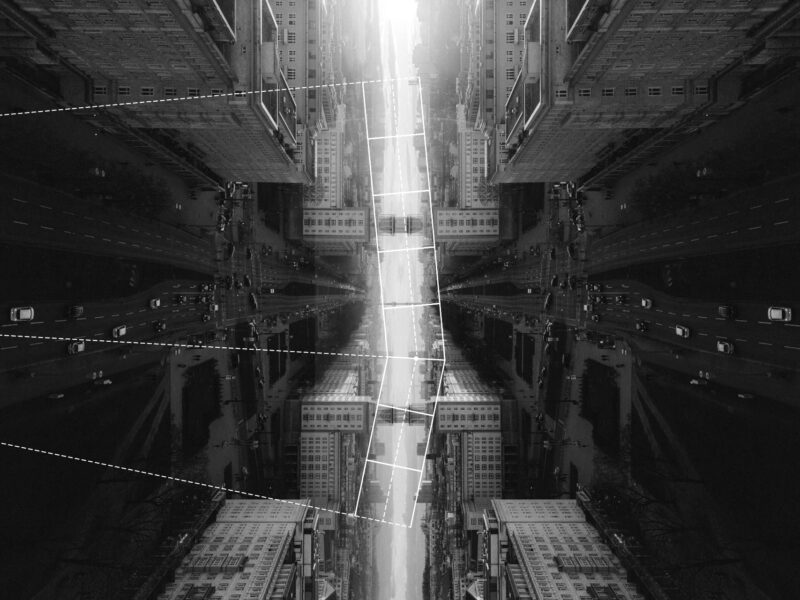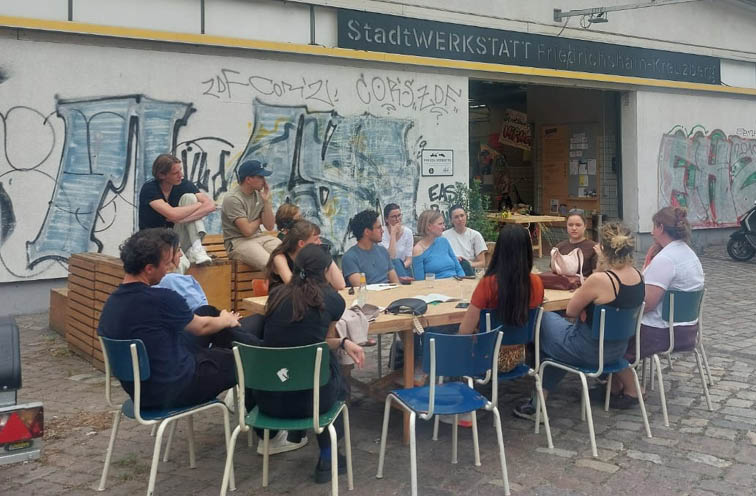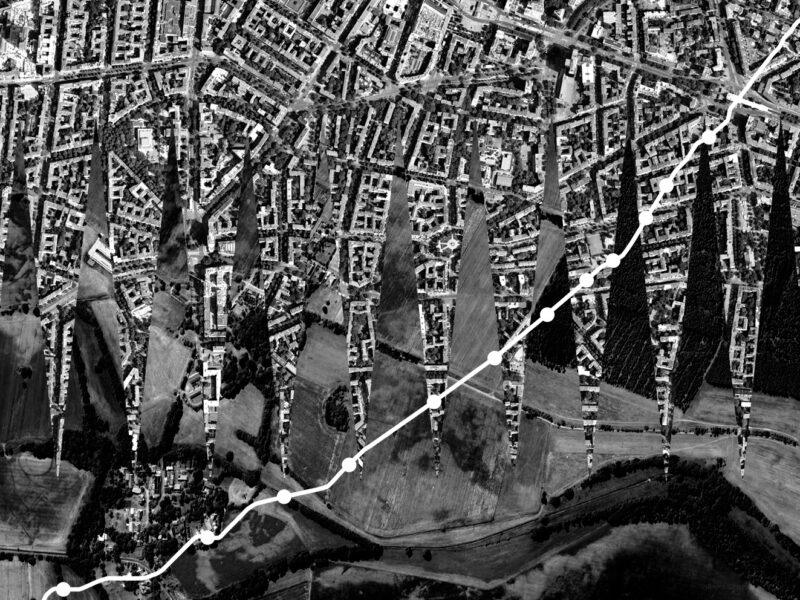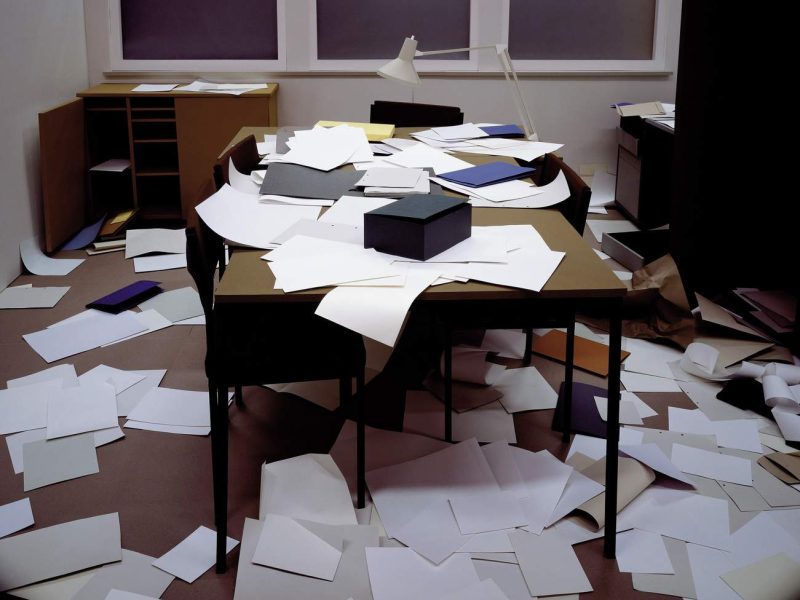Arbeit der Straße – Karl-Marx-Allee
Design Studio BA
Teaching
In diesem Semester untersucht die BA-Studioreihe Straßenarbeiten die vielschichtige Bedeutung der Straße selbst. Wir hinterfragen ihre konventionelle Rolle: als Infrastruktur für den Verkehr, als Nebenprodukt der Stadtplanung und/oder als öffentlicher Raum für physische und soziale Vernetzung. Zusätzlich betrachtet das Studio „Arbeit der Straße“ die Straße als eigenständiges architektonisches Projekt. Was wäre, wenn die Straße selbst die Arbeit leisten würde, den modernen Bürger oder das politische Subjekt zu formen? Was wäre, wenn das Alltagsleben sich als Performance auf einer Bühne entfaltet, deren räumliche Eigenschaften, Programme und umliegende Fassaden nur als eine Architektur der Mise en scène verstaden werden können?
Nicht jede Straße wird als vollständiges Projekt in ihrer Gesamtheit konzipiert und gedacht. Die Karl-Marx-Allee in Berlin ist eines dieser seltenen Beispiele, bei denen sich die Straße als ein Raum zwischen Architektur und Stadt entfaltet, der beide gleichzeitig aushandelt und dabei ihre eigene Prä- senz behauptet. Im Studio werden wir die Straße in Quadranten aufteilen, in denen jede Gruppe kar- tiert, dokumentiert, Erkenntnisse interpretiert und Widersprüche identifiziert, die später ihre Entwurfs- vorschläge beeinflussen werden. Diese Segmentierung macht die fragmentierte Natur der Straße sichtbar – weniger als ideologische Totalität, wie sie ursprünglich gedacht war, sondern mehr als Collage historischer Schichten.
Team: Prof. Jörg Stollmann / WiMi Veljko Marković / TT Sina Schaper & Franka Matthes
Wann: Donnerstags und/oder Freitags | 10:30 – 17:00 Uhr
Wo: A701



